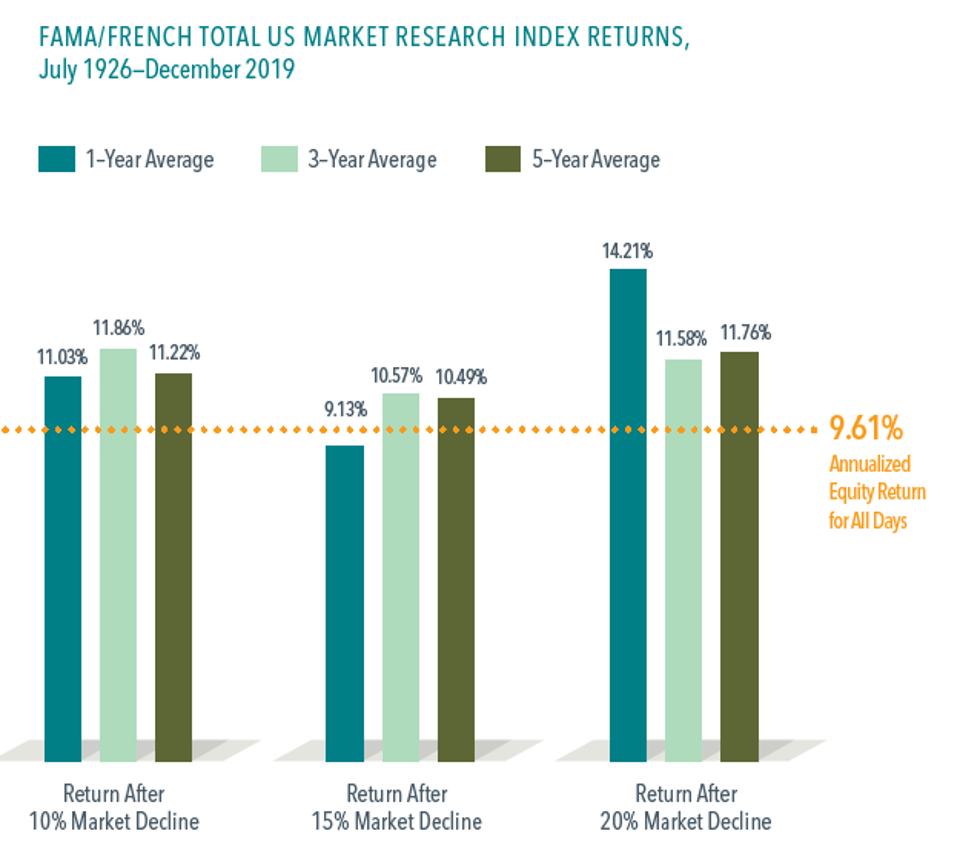The American Enterprise Institute estimates 91% of American families will receive a check from the US government as part of the $2 trillion Coronavirus Aid, Relief and Economic Security (CARES) Act. They also expect the average Recovery Rebate check to be $1,729, with some Americans receiving them as early as mid-April.
The rebates are a welcomed relief for millions of Americans out of work and in financial distress due to the COVID-19 pandemic. But if you’re fortunate enough to be comfortably employed, here are three suggestions for using this rebate to enhance your financial well-being.
1. Add to your emergency savings account.
My students like to call this a “peace of mind” fund, and the importance of having enough in case of an emergency cannot be stressed enough. This pandemic has shown that things can change very quickly, and without an emergency fund, it is easy to spiral down a dark path of unhealthy credit card debt or suboptimal 401(k) loans. Plancorp typically suggests keeping three to 12 months of expenses in an emergency fund, depending on your level of job security and income variability.
2. Invest it.
If you have ample emergency savings in place, consider investing the rebate. It can be scary to invest when the stock market is down 20% or more. However, historical data shows that after market declines, the average gains in subsequent years can be relatively robust. That suggests it may be a particularly good time to put your money to work for long-term goals by investing it in the stock market.
Average Stock Market Returns After Decline
 Average Stock Market Returns After Decline (Fama/French Total US Market Research Index Returns, July 1926 – December 2019) DIMENSIONAL FUND ADVISORS
Average Stock Market Returns After Decline (Fama/French Total US Market Research Index Returns, July 1926 – December 2019) DIMENSIONAL FUND ADVISORS
3. Help those in need.
The CARES Act provides a small tax incentive by giving a tax break for donations up to $300 to a qualified 501(c)(3) charity even if you take the standard deduction. Many charities have created special funds to support seniors, the homeless, and other vulnerable members of our society during the COVID-19 pandemic. Charity Navigator is one of many resources that are available online to help you research and verify charities.
You can also support workers that are fighting the pandemic on the frontlines. University hospitals have created COVID-19 Response Funds where you can donate, and charities such as Frontline Foods are accepting donations to provide meals to healthcare workers while also supporting local restaurants.
Donations are not the only way to help those in need. Small businesses are some of the most heavily impacted by the COVID-19 pandemic. Consider supporting your local businesses by making purchases at their stores with part of the rebate.
Purchasing gift cards online for the future is also an option if you would like to help while minimizing contact. Some websites that can help you search for gift cards at your favorite local restaurants are below:
Disclaimer: This material has been prepared for informational purposes only and should not be used as investment, tax, legal or accounting advice. All investing involves risk. Past performance is no guarantee of future results. Diversification does not ensure a profit or guarantee against a loss. You should consult your own tax, legal and accounting advisors.









